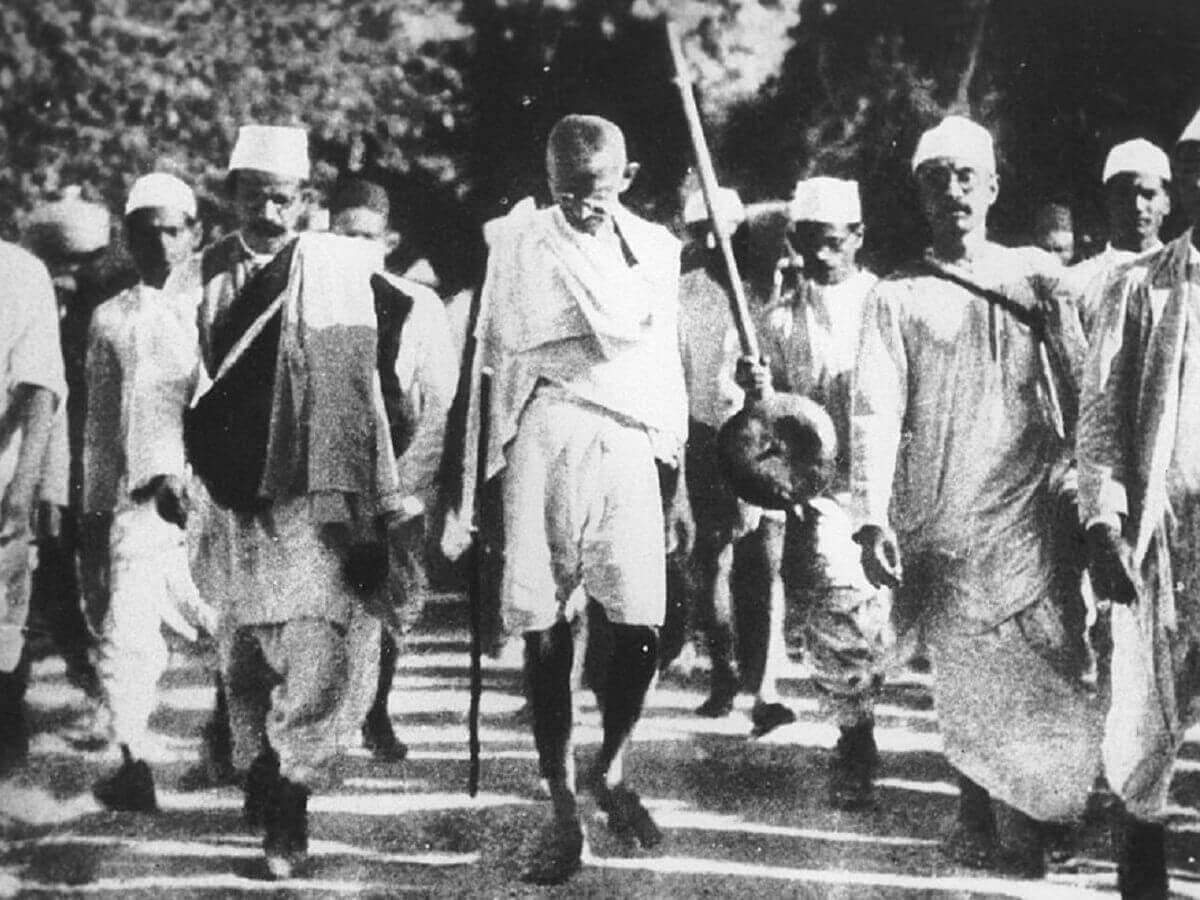
Seven important points highlighting key events and developments in the Indian National Movement between 1905 and 1932:
1. Partition of Bengal (1905)
Event: The British Viceroy, Lord Curzon, partitioned Bengal on October 16, 1905, citing administrative convenience.
Significance: This move was seen as an attempt to divide and rule by creating a rift between Hindus and Muslims. It sparked widespread protests and marked the beginning of the Swadeshi Movement, advocating for the boycott of British goods and the promotion of Indian products.
2. Formation of the Muslim League (1906)
Event: The All-India Muslim League was founded in Dhaka in 1906.
Significance: It aimed to represent the interests of the Muslim community and later played a crucial role in the demand for a separate Muslim state (Pakistan).
3. Morley-Minto Reforms (1909)
Event: The Indian Councils Act of 1909, also known as the Morley-Minto Reforms, was introduced.
Significance: It provided for separate electorates for Muslims, which institutionalised communal representation in Indian politics.
4. Non-Cooperation Movement (1920-1922)
Event: Led by Mahatma Gandhi, this movement aimed at non-violent resistance to British rule.
Significance: It included the boycott of British goods, institutions, and services. The movement saw massive participation but was called off by Gandhi following the violent incident at Chauri Chaura in 1922.
5. Chauri Chaura Incident (1922)
Event: On February 5, 1922, a violent clash between police and protestors in Chauri Chaura, Uttar Pradesh, resulted in the death of 22 policemen.
Significance: This incident led Mahatma Gandhi to call off the Non-Cooperation Movement, emphasising his commitment to non-violence.
6. Simon Commission (1927)
Event: The British government appointed the Simon Commission in 1927 to report on the political situation in India.
Significance: The Commission was boycotted by Indian political parties because it had no Indian members. The slogan "Simon Go Back" became popular during the protests.
7. Civil Disobedience Movement and Salt March (1930-1932)
Event: Launched by Mahatma Gandhi with the Dandi March on March 12, 1930, where he marched to the Arabian Sea to produce salt in defiance of the British salt tax.
Significance: The Civil Disobedience Movement involved the refusal to obey certain laws, demands, and commands of the British government. It garnered widespread support and was a significant step towards Indian independence.
Bonus: Round Table Conferences (1930-1932)
Event: Three Round Table Conferences were held in London to discuss constitutional reforms in India.
Significance: Indian leaders participated to negotiate India's future, but the discussions did not lead to immediate changes. The failure to reach an agreement highlighted the growing demand for complete independence
